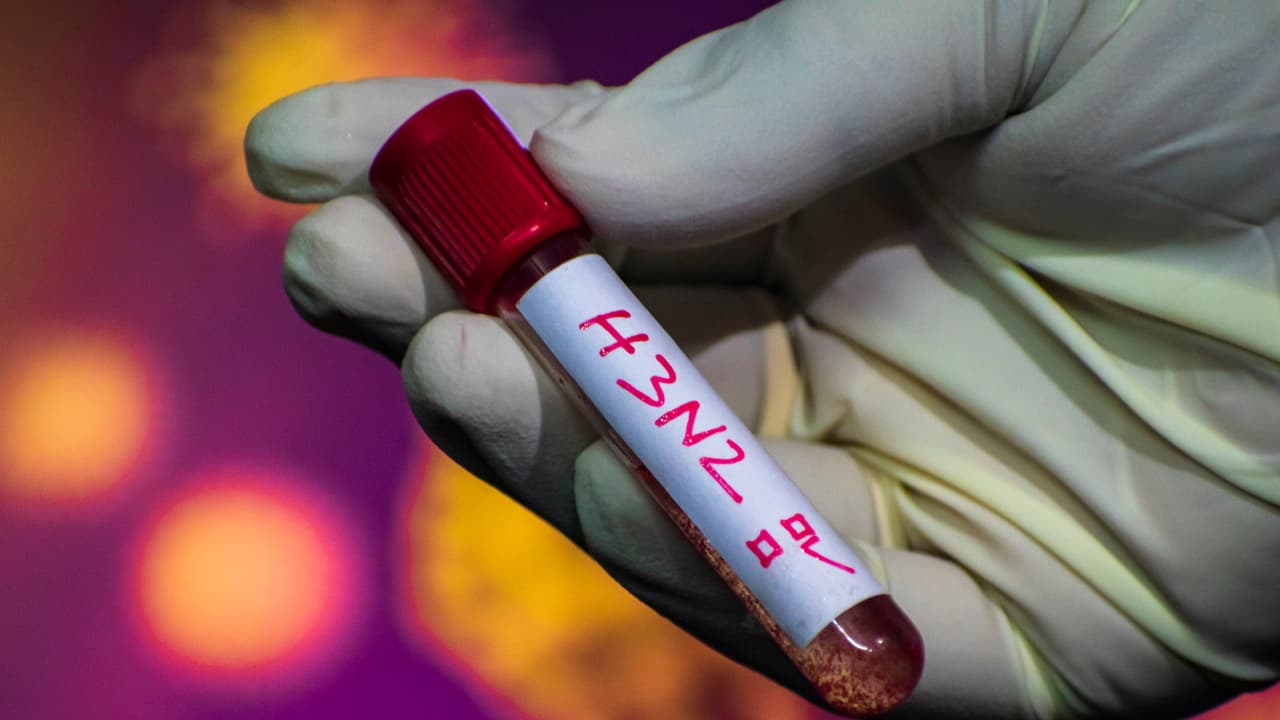Delhi is witnessing a surge in H3N2 influenza cases. Doctors warn against ignoring flu-like symptoms, stressing early consultation to prevent complications. Key steps include vaccination, masks, hand hygiene, and timely treatment.
New Delhi: Hospitals across the capital have reported a spike in patients testing positive for the H3N2 influenza virus. Authorities have cautioned citizens that while the illness often resembles seasonal flu, this strain can escalate quickly, especially among vulnerable groups. Delhi health officials have urged citizens not to dismiss flu-like symptoms as routine. Early consultation with doctors can prevent complications and reduce transmission. Staying alert, adopting preventive habits, and seeking timely treatment are the best ways to tackle the outbreak. The H3N2 virus spreads mainly through droplets released when an infected person talks, coughs, or sneezes, but it can also be contracted by touching contaminated surfaces and is more likely to spread in crowded places or through close personal contact.
Key Symptoms to Monitor
Doctors advise people to be alert if they experience:
- Sudden fever and chills
- Persistent cough with throat irritation
- Body and muscle pain
- Fatigue or weakness
- Headaches and nasal congestion
- Occasional nausea or vomiting, particularly in children
These signs usually appear within four days of exposure. Most patients recover in one to two weeks, but complications like pneumonia can occur in the elderly, children, or pregnant women.
Recovery and Medical Care
- Mild cases: rest, hydration, and over-the-counter medicines for fever and pain
- Severe or worsening cases: immediate medical attention is essential
- Antiviral medicines may be prescribed, ideally within 48 hours of diagnosis, to reduce the intensity and duration of illness
Preventive Measures for Delhi Residents
Health experts recommend:
- Annual flu vaccination, which often includes H3N2 protection
- Frequent handwashing with soap and water
- Wearing masks in public places and avoiding large gatherings when unwell
- Covering mouth and nose while coughing or sneezing
- Regular cleaning of high-touch surfaces at home and work
